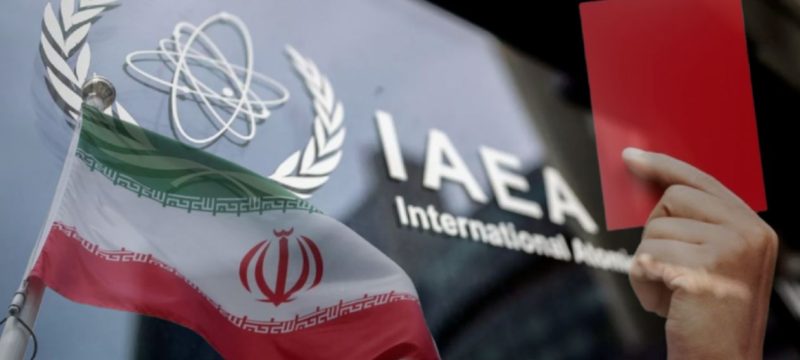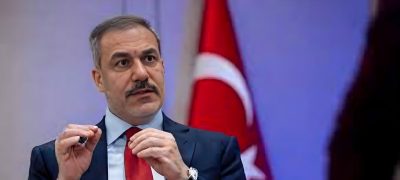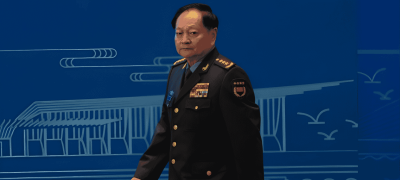Iran has turned down a request from Rafael Grossi, the Director General of the International Atomic Energy Agency (IAEA), to inspect its nuclear facilities that were damaged during the recent Iran-Israel confrontation. The decision has deepened the rift between Tehran and the UN nuclear watchdog.
Iranian Foreign Minister Abbas Araghchi criticized Grossi’s request on social media, calling it “meaningless” and suggesting it could have “malicious intent.” He affirmed that Iran would act firmly to protect its sovereignty, interests, and people.
Read more: Iran Blocks UN Nuclear Chief, Ends Camera Access to Nuclear Sites
The refusal comes amid rising Iranian resentment over the IAEA’s perceived silence on Israeli and American airstrikes carried out during a 12-day conflict earlier in June. Iranian officials argue the agency failed to condemn the attacks, contributing to Tehran’s current stance.
President Masoud Pezeshkian, during a phone conversation with French President Emmanuel Macron, declared that Iran had ceased cooperation with the IAEA. He blamed what he termed Grossi’s “destructive behavior” and said the move was a natural response to a June 12 resolution accusing Iran of violating its nuclear commitments — passed just a day before Israel’s military action.
The Iranian parliament has also backed the move, voting in favor of a bill suspending ties with the IAEA in reaction to both the Israeli assault on June 13 and subsequent US airstrikes targeting Iranian nuclear infrastructure. A ceasefire between Iran and Israel was eventually reached on June 24.
Reporting from Tehran, Al Jazeera’s Resul Serdar noted that Iranian authorities view the IAEA as being under political influence from Israel and the United States, despite its claim to neutrality.
The situation has drawn sharp international criticism. France, Germany, and the UK jointly condemned any threats against Rafael Grossi and urged Tehran to restore full cooperation with the nuclear agency. Their statement emphasized continued support for the IAEA and called on Iran to fulfill its legal obligations without delay.
Although no official threats have been reported, Iran’s hardline newspaper Kayhan accused Grossi of being an Israeli spy and controversially suggested he deserved execution — a claim that has only heightened global concern.
Iran has rejected the allegation, calling it baseless. Foreign Ministry spokesman Esmaeil Baghaei said the parliament’s decision mirrored widespread public anger and dissatisfaction in Iran. He also blamed Western powers for taking a political stance against Iran’s nuclear activities.
The recent military escalation with Israel resulted in the deaths of at least 935 Iranians, including 132 women and 38 children, according to judiciary spokesperson Asghar Jahangir.
Meanwhile, G7 countries welcomed the Iran-Israel ceasefire and encouraged renewed dialogue to address Iran’s nuclear ambitions. “Iran must never acquire nuclear weapons,” the group said, also urging Iran to halt any unjustified uranium enrichment activities.
Qatar has confirmed its role in ongoing diplomatic efforts to de-escalate tensions. During a phone call with Qatar’s Emir Tamim bin Hamad Al Thani, President Pezeshkian issued a formal apology following Iran’s targeting of Al Udeid Air Base — the largest US military installation in the region — during the conflict.









